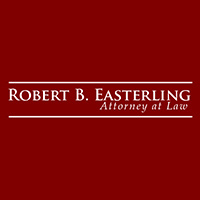Lignum Wills & Probate Lawyer, Virginia
Sponsored Law Firm
-
 x
x

Click For More Info:
-
Price Benowitz LLP
409 7Th St Nw Suite 200 Washington, DC 20004» view mapEstate Law Working Relentlessly For You
Our firm was built on the understanding that comprehensive representation does not begin and end in the courtroom.
202-600-9400
Includes: Estate Administration, Living Wills, Wills
Robert Bruce Easterling
✓ VERIFIEDBankruptcy & Debt, Bankruptcy, Estate, Trusts, Wills & Probate
Robert B. Easterling, Attorney at Law, in Fredericksburg, Virginia, offers legal services, specializing in bankruptcy, wills, trusts and estate planni... (more)
Amy Estes Mccullough
Lawsuit & Dispute, Wills & Probate, Estate, Child Support, Elder Law
Status: In Good Standing
Dennis Eshman
Family Law, Wills & Probate, Civil Rights, Corporate
Status: In Good Standing Licensed: 42 Years
Justin Scott Mcleod
Collection, Family Law, Wills & Probate, Landlord-Tenant
Status: In Good Standing
Kathleen Garrigan Limjoco
Real Estate, Motor Vehicle, Wills & Probate, Estate
Status: In Good Standing
 Seth Price Washington, DC
Seth Price Washington, DC AboutPrice Benowitz LLP
AboutPrice Benowitz LLP Practice AreasExpertise
Practice AreasExpertise

